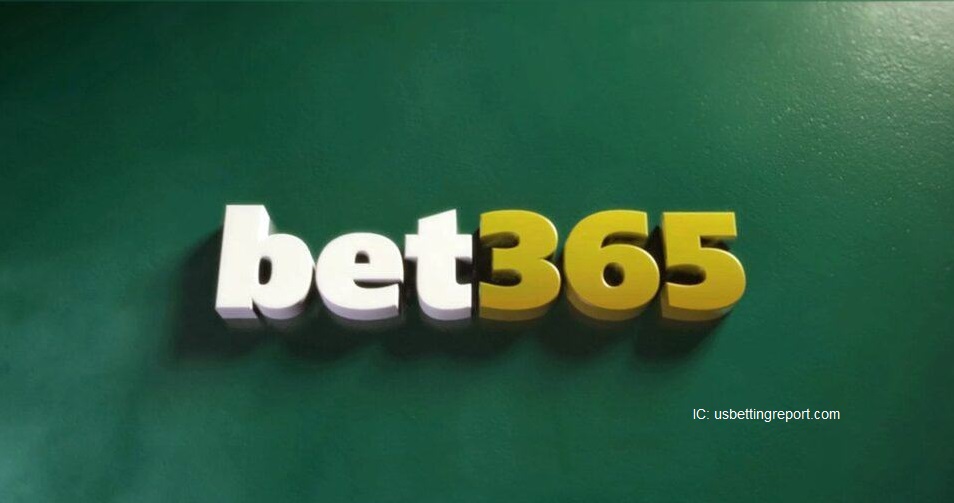
Cryptocurrency is a
decentralized, peer-to-peer digital currency that allows customers to send
money using digital units of exchange. Bitcoin is the most well-known and the
first cryptocurrency to be created. Satoshi Nakamoto established it in 2009.
Digital money is
saved electronically and is based on blockchain technology. It may be used
to pay for things on the internet. Cryptocurrencies may also be used to deposit
at real money online casinos that allow this method of payment. Investors have
found a great interest in cryptocurrencies and they prefer purchasing for
investing purposes similar to what we do with gold and other precious metals.
List of Best Fantasy Cricket Games
Cryptocurrency's history
may be traced down to one man, cryptographer David Chaum. In 1983, he
created the ecash encryption scheme. After a decade, he developed a new system
called DigiCash, which used encryption to keep transactions private.
The term
cryptocurrency was coined by Wei Dai in 1998. In the same year, he started
to create a new payment method that works on a cryptographic system with a
decentralized system.
Bitcoin is the first
cryptocurrency that made waves in the online world. It is also the one
that is popular amongst Indian investors and users.
Different types of
Cryptocurrencies
Ethereum: Launched in
2015, Ethereum is the best alternative to Bitcoin, and is popularly known
as Ether. It has a decentralized software platform.
Litecoin: Litecoin
was founded by Charlie Lee in 2011 and is built on an open- source global
finance system. It is not administered by any central authority and employs the
cryptographic algorithm ‘scrypt,' which is decoded with the help of the
CPU.
Tether: Tether is a
blockchain-enabled platform that uses fiat money in a digital fashion. It was
founded in 2014. It has a large user base as well.
List of Best Online casino sites
Cryptocurrency and
Indian Tax Laws
Cryptocurrencies
function in the same way in every jurisdiction, but the rules governing
them varies. In India, the regulations governing cryptocurrencies are unclear,
and most persons who deal with them have only a rudimentary understanding of
them.
This is because the
income generated by digital currency is seen as a capital gain rather than
a regular income.
The value of digital
money is compared to gold or assets by auditors, thus the regulations that
apply to cryptocurrencies are the same as the rules that apply to capital
gains.
The tax rates are
determined by the length of time that users have kept digital money. Users
who have mined bitcoin will not be subject to capital gains tax. According to
recent reports, Indian officials are drafting new cryptocurrency rules that
would require cryptocurrency users to pay taxes on earnings produced using the
digital currency.
List of Best Online Rummy sites









.jpg)


















































.jpg)













